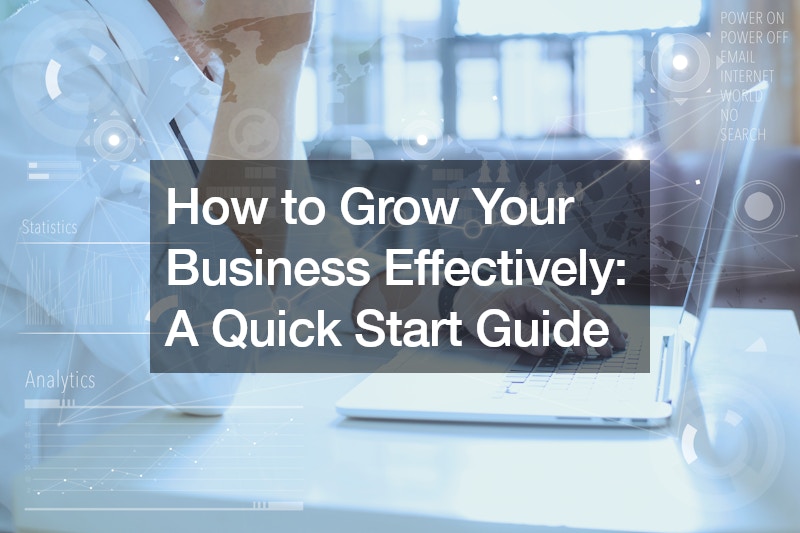Starting a business is both thrilling and challenging. Whether you’re launching a bakery, a software startup, or a service-based venture, the journey to success involves navigating through crucial phases: testing, delivery, and scaling. This guide breaks down these essential steps to help you effectively grow your business from the ground up.
Phase 1: Testing Your Business Idea
Before fully committing to your entrepreneurial journey, it’s crucial to validate your business idea through rigorous testing. This initial phase focuses on gauging market interest and refining your concept before investing significant time and resources.
1. Conducting Surveys:
Start by gathering feedback from potential customers using surveys. Tools like SurveyMonkey simplify the process of creating and distributing surveys online. Pose questions to understand customer needs, pain points, and interest in your product or service.
2. Email Feedback:
Leverage your network or local community by sending out targeted emails to gather qualitative insights. This method provides valuable feedback on what resonates with your audience and areas needing improvement.
3. Low-Tech Testing:
For physical products or local services, consider setting up a stand at a farmers’ market or offering free trials. This hands-on approach facilitates direct interaction with potential customers, offering invaluable feedback on your offerings.
4. Digital Ads and Landing Pages:
If you’re tech-savvy, harness digital marketing tools like social media ads or Google Ads. Drive traffic to a straightforward landing page where visitors can sign up or express interest. This method not only tests market demand but also measures customer engagement metrics like click-through rates and conversion rates.
Testing isn’t merely about validating your idea—it’s about refining it based on real-world feedback. As entrepreneurs often emphasize, “Starting with these tests ensures you’re building something people truly want.“
Phase 2: Delivering Your Product or Service
Once your idea is validated and demand is evident, shift focus to efficiently delivering your product or service.
1. Cost Analysis:
Calculate the total project cost, including materials, equipment, and labor. Understanding these expenses is crucial for competitive pricing and ensuring profitability.
2. Time to Break Even:
Determine the timeframe to recoup your initial investment. This milestone is pivotal for financial planning and long-term sustainability. Experts advise, “Knowing your break-even point marks the start of significant progress.“
3. Affordable Delivery Strategies:
Depending on your business model, consider a DIY approach initially to keep costs low. Handling everything yourself not only cuts expenses but also provides firsthand insight into your business operations.
4. Using Contractors and Technology:
As your business expands, explore leveraging contractors or technology platforms like Slack for streamlined communication and project management. Experts underscore, “Organized communication is vital for scaling without compromising quality.“
Phase 3: Scaling Your Business
Scaling involves expanding your business’s reach and influence. Whether through growing your customer base, increasing prices, or fostering customer loyalty, strategic planning and execution are essential.
1. Growing Customer Base:
Identify avenues to attract more customers, such as digital marketing campaigns or strategic partnerships. Experiment with different channels to gauge effectiveness before committing substantial resources.
2. Enhancing Product Offering:
Diversify your product line or enhance existing offerings based on customer feedback. Experts suggest, “Continually adding value through new products or features keeps customers engaged and returning.“
3. Investing in Talent and Technology:
Consider expanding your team or investing in automation tools to manage increased demand efficiently. Experts stress, “The right blend of talent and technology is essential for sustainable growth.“
4. Testing and Iterating:
Continuously test new strategies and channels to refine your approach. Experts advocate for a systematic approach, stating, “Testing different tactics ensures you scale intelligently, not impulsively.“
Bonus Round: Innovating for Success
To stand out in a competitive market, incorporate a unique element into your business strategy—a “crazy factor,” as experts call it. This could be exceptional customer service, innovative product features, or a distinctive brand identity that resonates with your target audience.
“Innovation isn’t just about what you offer—it’s about how you offer it,” experts advise. By exceeding customer expectations and delivering value in unexpected ways, you can create a memorable brand that attracts loyal customers and drives sustainable growth.
Conclusion
Growing your business effectively demands dedication, strategic planning, and adaptability. By adhering to the tested principles of testing, delivering, and scaling, you establish a robust foundation for success. As experienced entrepreneurs emphasize, “Every phase—from testing your idea to scaling your operations—plays a pivotal role in shaping your entrepreneurial journey.“
Armed with these insights, you’re better equipped to navigate challenges and seize opportunities as you embark on your entrepreneurial path. Remember, building a successful business is a journey that requires persistence and continuous innovation. Start small, learn from your tests, and innovate consistently to propel your business forward.
.


